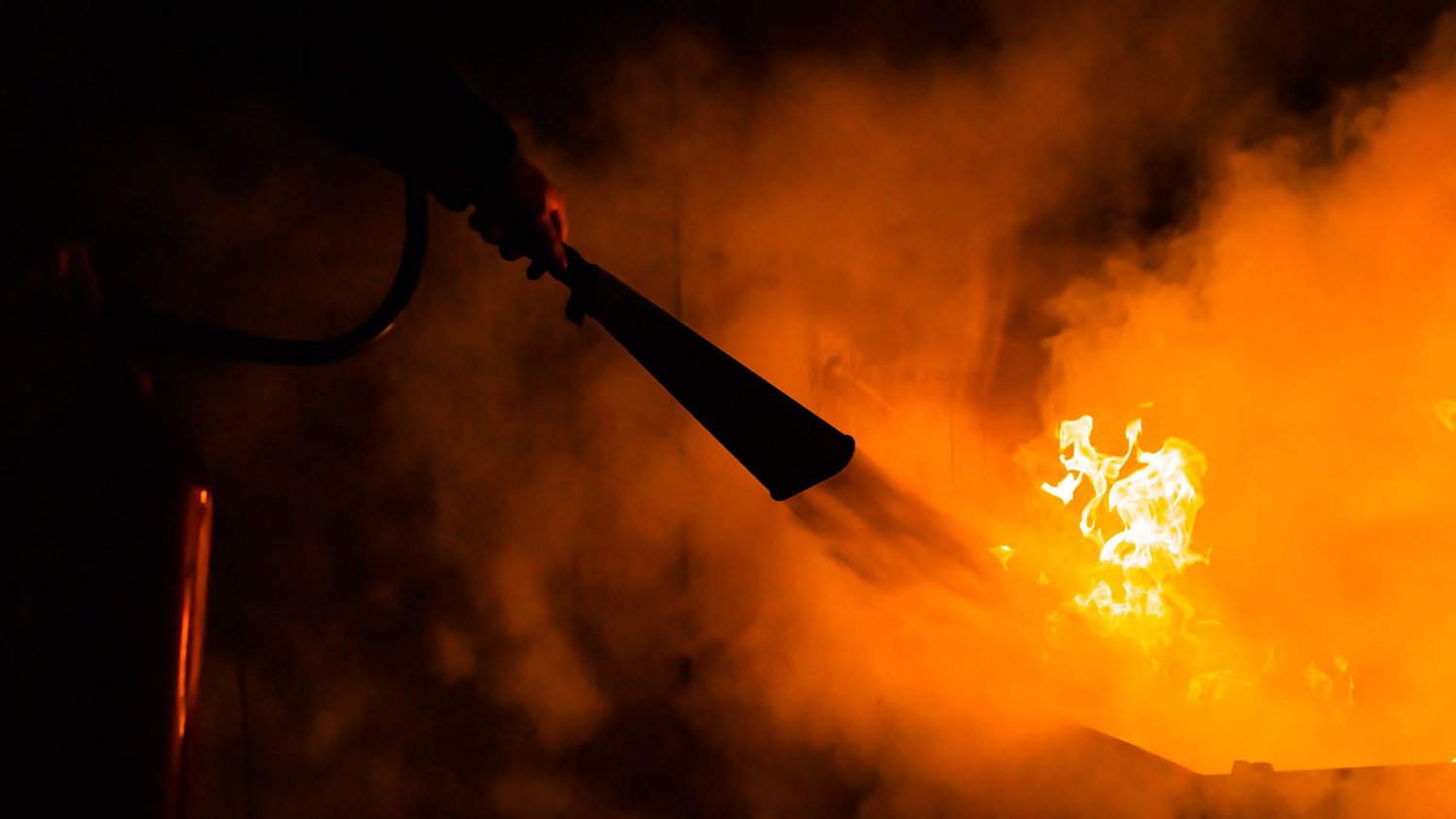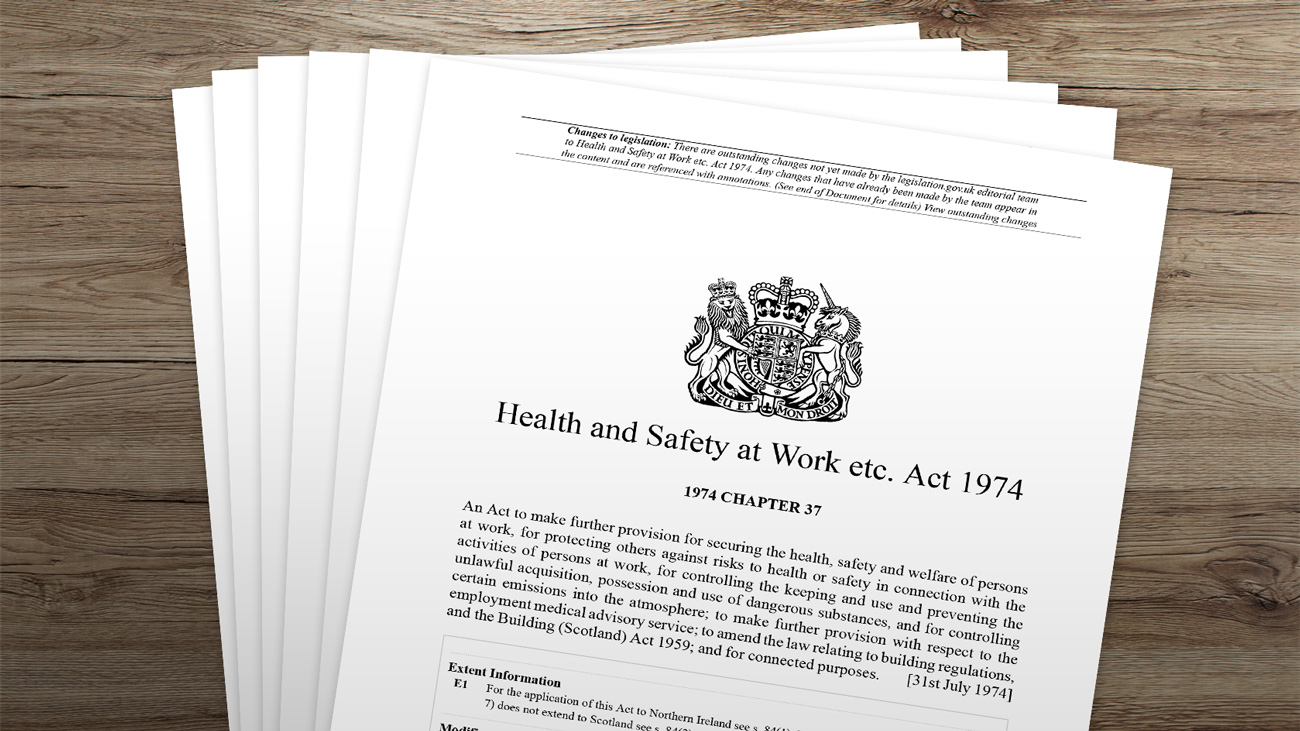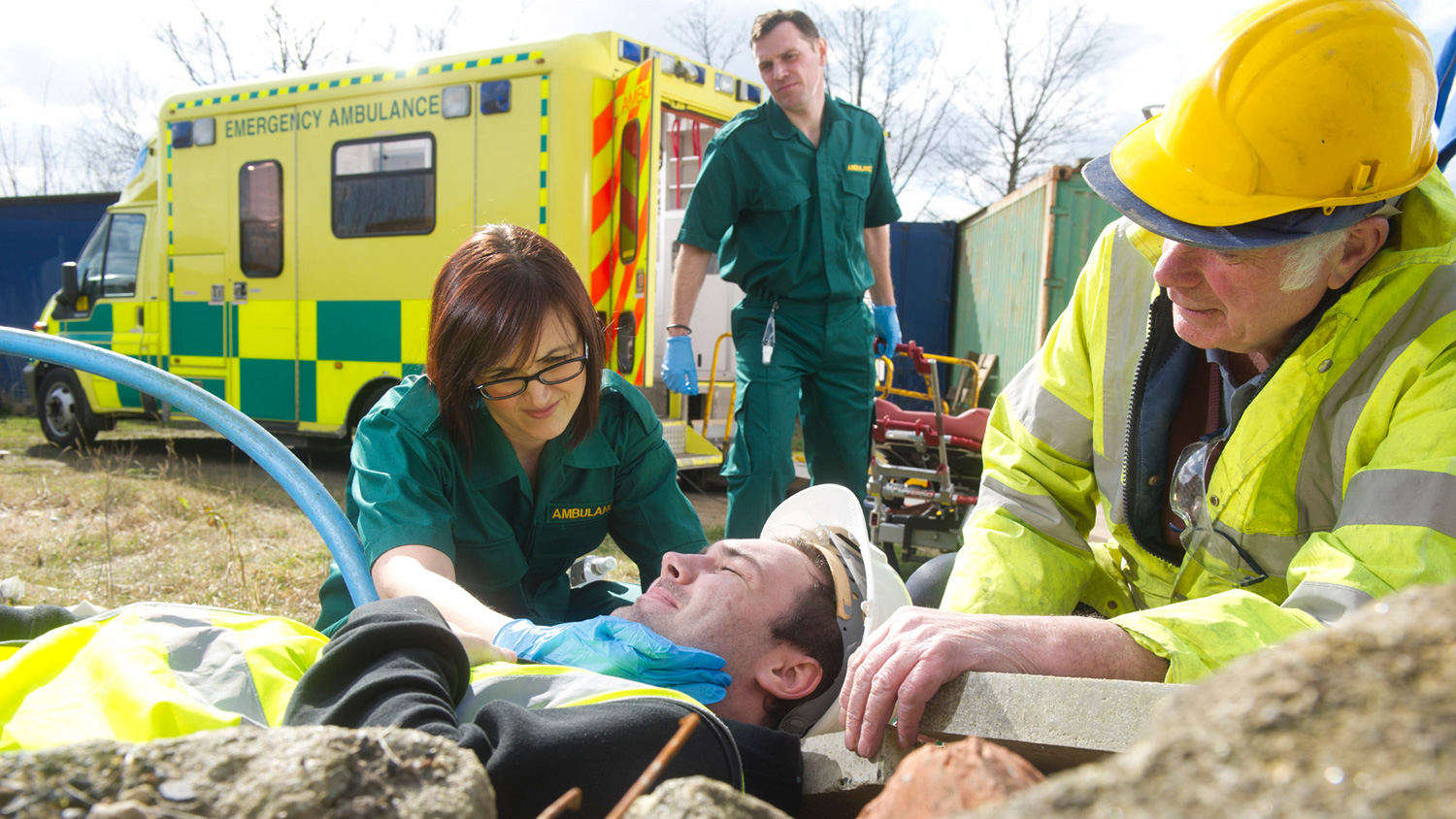
Safety and health can help fight UK’s economic woes, says poll
Does health and safety just get in the way of economic enterprise and growth? Is it there to stop things happening, rather than to empower people and businesses to get on and succeed?
According to a recent poll undertaken by IOSH, these tired, clichéd views of occupational safety and health couldn’t be more outdated and wrong. That was the verdict of OSH professionals when asked if OSH can do anything to help the UK out of its current economic crisis, where economic inactivity rates are rising and more than a fifth of adults are said to be not actively looking for work.
IOSH undertook a snap online poll on LinkedIn on 13 and 14 March, asking if occupational safety and health could do anything to help with the UK’s current economic crisis. More than two-thirds of respondents (68%) said yes.
A few days before the poll, Chris Bingham, chief executive of West Yorkshire energy supplier Greenarc Ltd, had said that businesses need to think about how to encourage people into the workforce and “give them more of what they want”, especially younger employees. He referred to “a clear disconnect between the employer and young employees.”
Stephen Lawson, Director of Environment, Health and Safety at Tufts University in the US, gave a clear, concise response to the poll: “Fewer accidents and incidents = higher productivity, more profit.”
Stephanie Littler TechIOSH called for the profession to get campaigning in the build-up to this year’s General Election for “more genuine ‘working from home’ jobs which will be attractive to some disabled people and others needing to work flexibly.”
Another respondent to the poll, Alan Barwise, suggested OSH should “promote wellbeing and educate managers on just how important a nice, safe, clean and well-thought-out workplace is. Young adults, since Covid, now expect quiet spaces, safety hubs, hot showers, mobile phone safe spaces, email, internet, the latest office equipment and IT,” he posted. Alan also called for employers to be more flexible on staff work times, stating, “As a country, we are still stiff.”
However, a note of caution was added by health, safety and environment professional Pierre Frans D, who said, “When the economy is down, companies cut health and safety expenses to the bone – I have seen this throughout my career. This is not good for the profession and is a huge concern for compliance and accidents which result from not giving enough budget to health and safety.”
IOSH hopes businesses will have learned the economic and social costs of taking such a short-term view.








